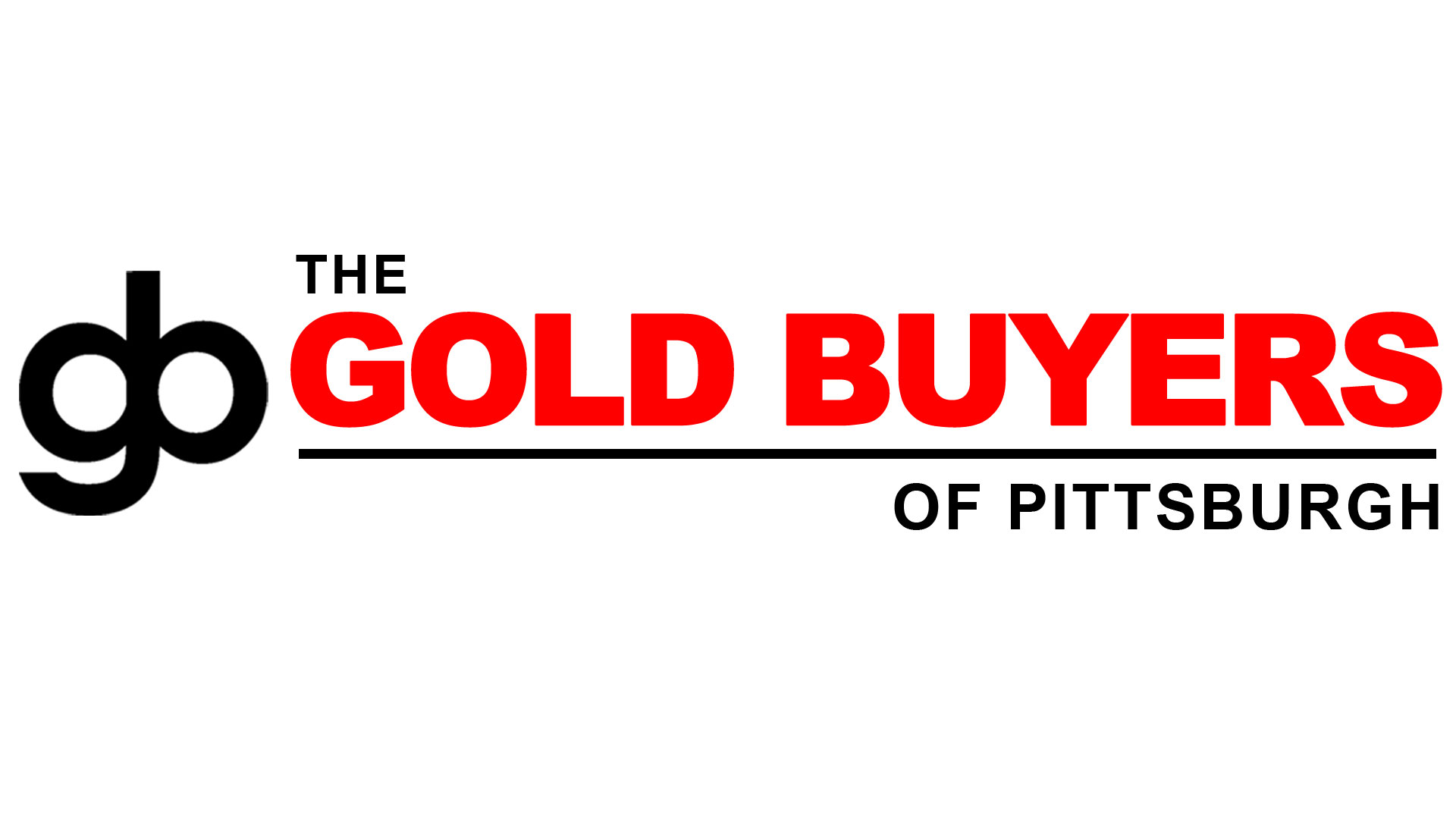Steering the Complexities of Selling Precious Metal to Purchasers in a Competitive Marketplace
Steering the Complexities of Selling Precious Metal to Purchasers in a Competitive Marketplace
Blog Article
Transacting gold can be a lucrative experience, but it also comes with its own array of obstacles. In a fierce market, grasping how to navigate the selling process is crucial for getting the best value for your assets. Whether you are selling jewelry, coins, or bullion, knowing the right steps to take can help you maximize your returns. This article will explore the key factors to take into account when selling gold, including industry trends, appraisal, and locating the suitable clients.
One of the initial things to evaluate when selling gold is the present market trends. Gold valuations vary based on multiple factors, including economic conditions, price increase rates, and international demand. Keeping an watch on these trends can help vendors decide the best moment to sell. For instance, if the price of gold is high, it may be a good chance to offload. On the other hand, if valuations are diminished, it might be prudent to hold off until they increase. Investigating market trends can provide insightful information and help vendors make informed decisions.
Appraisal is another important aspect of transacting precious metals. Before placing gold on the market, it is vital to know its worth. This entails understanding the purity of the precious metals, which is measured in karats, and the mass of the item. Vendors should think about getting their gold valued by a professional to guarantee they have an accurate assessment. An evaluation can provide a definitive understanding of the asset's current value, which can help in discussions with prospective buyers. Knowing the worth of the gold can also stop sellers from taking bids that are too diminished.
Locating the appropriate buyers is essential in a competitive market. There are various options available for transacting precious metals, including pawn shops, digital platforms, and specialized precious metals clients. Each choice has its pros and disadvantages. For instance, pawn shops may provide immediate cash but often at lower prices, while digital platforms can provide access to a larger clientele but may demand more work to list and transact the items. It is crucial for sellers to investigate potential buyers and select the one that aligns with their transacting objectives. Building connections with trustworthy clients can also lead to improved offers and a more efficient selling experience.
When transacting precious metals, it is also important to be aware of the legal and ethical considerations involved. Sellers should make sure that they are adhering with local regulations regarding the transaction of precious metals. Additionally, being open about the condition and history of the assets can build confidence with clients. Ethical transacting practices not only safeguard the seller but also add to a positive standing in the industry. This can lead to recurring transactions and referrals, which are important in a competitive landscape.
In summary, selling precious metals in a competitive market demands thoughtful planning and consideration. By remaining informed about industry trends, comprehending the valuation of assets, finding the appropriate clients, find this and adhering to regulatory and ethical guidelines, sellers can maneuver the complexities of the gold industry successfully. With the right strategy, selling gold can be a profitable experience that meets the vendor's monetary needs.